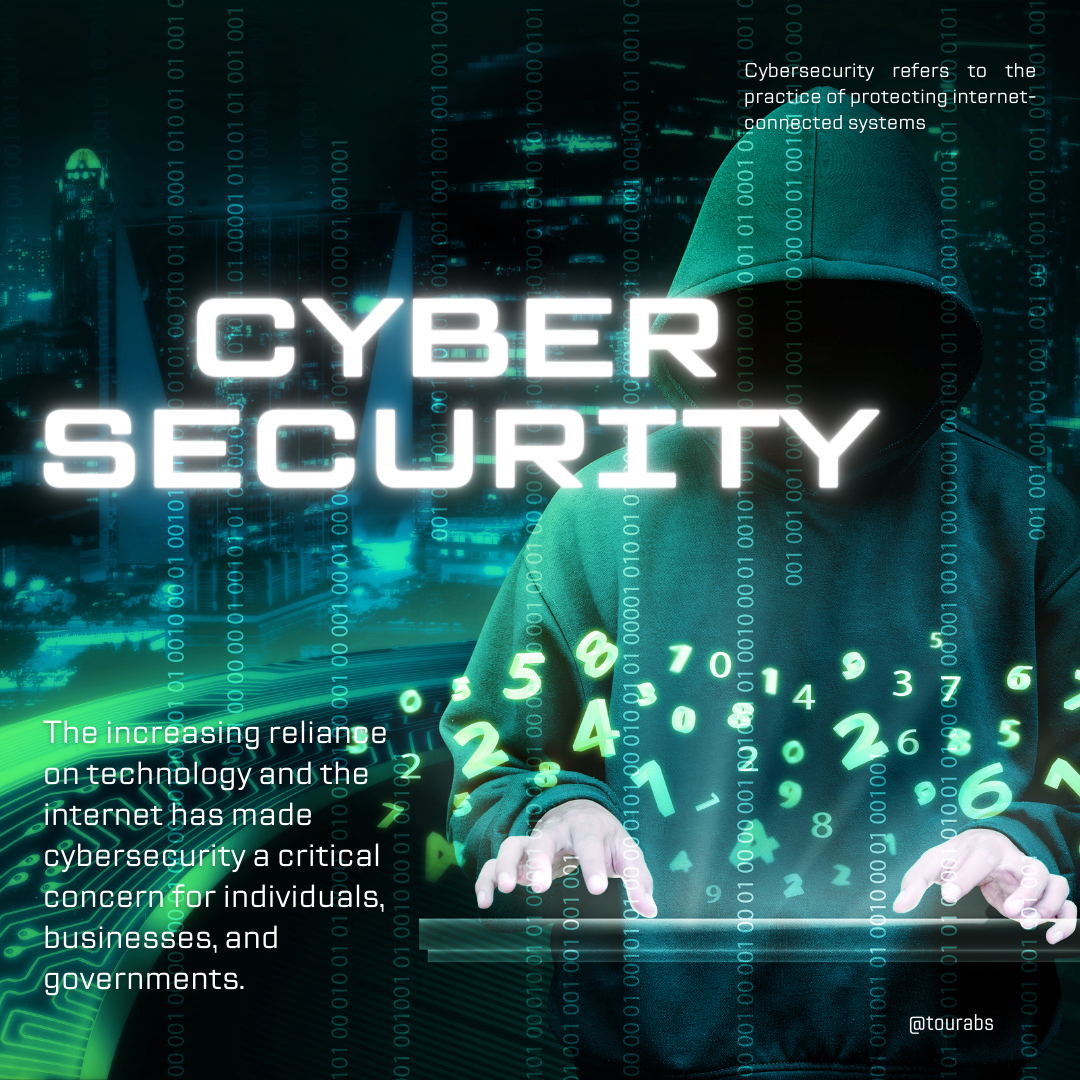Evaluating Information Security Organizations: Crucial Assessment Criteria

Within today's virtual landscape, the importance of robust cybersecurity is crucial. With cyber threats developing at an record pace, businesses must prioritize the choice of a dependable cybersecurity partner. This decision is not simply about finding a vendor; it involves identifying a leading cybersecurity company that comprehendss your specific needs and can effectively protect your critical data and assets. The ideal partner can be your first line of defense against breaches, ensuring that your organization remains firm in the confrontation with ever-evolving threats.
Regarding selecting a cybersecurity firm, there are several key factors that should inform your choice. From critical traits such as expertise and credentials to the ability to provide customized solutions, it is essential to have a comprehensive understanding of what makes a cybersecurity provider distinguished. In this article, we will discuss the must-have qualities to look for, critical questions to ask, and warning signs to avoid, helping you maneuver through the intricate landscape of cybersecurity services and select a partner you will depend on.
Principal Evaluation Standards for Cybersecurity Defense Providers

When reviewing cyber security companies, one of the most vital elements to note is their knowledge and background in the industry. Look for providers who have a established track record of successfully reducing security risks and deploying robust security measures for businesses like to yours. It’s important to inquire about their past clients and case studies that show their ability to handle diverse cybersecurity challenges. Background in your own sector can also be helpful, as it indicates an awareness of the specific threats and compliance needs you may encounter.
Credentials and partnerships play a key role in determining a cybersecurity company's trustworthiness. Ensure that the company holds appropriate certifications, such as ISO 27001, CISSP, or CISM, which confirm their adherence to industry standards and best practices. Respected partnerships with prominent technology firms, like Microsoft or Cisco, can further demonstrate their expert capabilities and access to sophisticated security tools. This element is crucial when selecting a cybersecurity firm, as it indicates their devotion to ongoing education and the incorporation of innovative technologies in their solutions.
Lastly, it is vital to review the range and depth of services offered by the cybersecurity company. Tech Industry Consultants should offer a comprehensive suite of offerings encompassing threat detection, incident response, risk assessment, and compliance management. Furthermore, it's beneficial to seek information about their strategy to regular support and training for your team. Effective cybersecurity is more than about technology but also about cultivating a safety-minded culture within your business. A firm who values client education and anticipatory long-term strategies will distinguish themselves as a dependable partner in your cybersecurity process.
Crucial Qualities of a High-Quality Cybersecurity Partner
As you searching for a high-quality cybersecurity partner, market expertise is critical. A company that has a proven track record in your niche sector will understand the unique challenges you face and the legal requirements you must comply with. Their knowledge with frequent threats and vulnerabilities in your sector prepares them to provide customized solutions. This experience also demonstrates their ability to adapt to emerging cyber threats, ensuring that your defenses are resilient and up-to-date.
Accreditations and credentials serve as signs of a cybersecurity firm's proficiency and dedication to high standards. Look for providers with recognized certifications such as CISM. These qualifications showcase their dedication to maintaining high standards in cybersecurity management and operational effectiveness. Additionally, ongoing training and education in the form of industry conferences or training sessions demonstrate their involvement with the latest technologies and threat landscapes, further ensuring your business is in reliable hands.
Finally, a top-tier cybersecurity partner should prioritize dialogue and openness. Tech Industry Consultants fosters a collaborative relationship, allowing for better agreement on security goals and strategic initiatives. A partner that offers frequent communication, detailed reporting, and clear explanations of technological aspects will ensure that your team remains informed and engaged in cybersecurity efforts. Transparency in operations, including the sharing of threat intelligence and incident response protocols, builds trust and ensures that you can make informed decisions about your cybersecurity plan.
Caution Indicators to Look Out For When Selecting
When evaluating potential security service providers, one of the most crucial aspects is their communication style. If a service provider is nonresponsive or hesitant to address queries, it may indicate a lack of professionalism or readiness. Pay attention to how they articulate their services; if they depend on jargon without confirming you comprehend the principles, it might signal they are more focused on profit than on your necessities. Clear and transparent communication is crucial for creating trust and guaranteeing a fruitful collaboration.
Another key red flag is the absence of industry certifications or proven credentials. A top-tier cybersecurity firm should hold relevant certifications such as CISM. If they fail to prove their background or experience within your specific industry, it may be a red flag that they do not possess the knowledge necessary to defend your business effectively. Always ask for and verify the qualifications of any potential cybersecurity partner.
Lastly, if a provider dismisses the significance of ongoing support and incident management planning, that's a major red flag. Cyber risks change, and a trustworthy partner should emphasize the requirement for persistent monitoring and responsive strategies. They should also have a specific incident response plan in place. Not prioritizing to consider these elements might imply that they are not fully committed to your long-term cybersecurity requirements.
